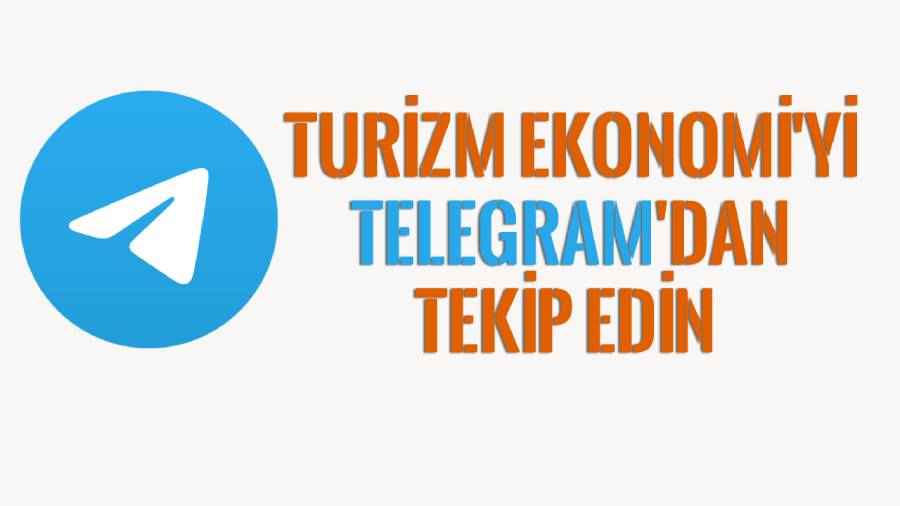How can the tourism sector be made more resilient?

Rising costs, changing customer expectations, and operational risks will create significant volatility in the travel and tourism industry by 2025. Experts emphasize that the sector needs to focus on four strategic areas to become resilient to the future.
The global travel industry faces significant turbulence in 2025 due to increasing economic pressures and shifting consumer behavior. According to Accenture 's 2025 Consumer Pulse Survey , 54% of consumers worldwide are experiencing unprecedented levels of uncertainty, leading to reduced holiday spending and the postponement or cancellation of trips.
As travel companies grapple with shrinking profit margins, short-term solutions are no longer sufficient. Long-term, structural transformation is essential for the industry's survival.
While solutions focused solely on cost reductions may provide temporary relief, they hinder long-term growth. Experts believe the future of the industry depends on strengthening four key areas: operational agility, commercial alignment, employee well-being, and advanced technology integration.
1. Operational resilience: New processes that increase efficiencyTo cope with rising costs, travel companies are redesigning their processes. For example, many airports are using digital twin technology to simulate their operations in a virtual environment and prepare in advance for potential passenger congestion or weather crises.
Hotels, on the other hand, are trying to maintain service quality despite staff shortages by automating many services, from check-in procedures to cleaning processes.
2. Business resilience: The balance between profitability and customer loyaltyDue to fluctuating demand and highly price-sensitive consumers, companies need to both maintain profitability and increase customer loyalty. To this end, many operators are focusing more on domestic tourism and developing customized products tailored to local preferences.
Artificial intelligence-powered platforms contribute to the development of dynamic pricing and new revenue models by analyzing real-time search trends, booking behaviors, and customer feedback.
3. Human resource resistance: Teams that are adaptable to changeHuman resources are becoming increasingly important in the face of rising inflation, job insecurity, and technological change. Companies are turning to real-time analytics to monitor employee satisfaction and address early signs of burnout.
Furthermore, AI-powered automation both increases efficiency and eases the burden on employees. According to research, 94% of tourism managers are revisiting their human resources strategies to adapt to the demands of the AI era.
4. Technological resilience: AI plays a transformative roleAI-powered systems are no longer limited to chatbots; autonomous agents that can learn and make decisions in many areas such as demand forecasting, marketing strategies, and customer service are coming into play.
According to analysis by Andrew J. Wein of Tourism Review, these systems analyze booking trends, forecast regional demand, and can instantly optimize marketing campaigns. Combined with robust cybersecurity, digital sovereignty, and data control, these technologies not only improve companies' efficiency but also enhance customer trust.
Preparing for the future: Building a resilient structure in tourismAt a time when consumer uncertainty has reached record levels, short-term responses are not enough for the sector. The real need is to build a strong structure that can cope with cost pressures and changing consumer expectations.
Tourism companies that invest in operational agility, data-driven commercial strategies, employee well-being and advanced AI solutions will not only weather this uncertain period but also seize growth opportunities in the long term.

turizmekonomi





